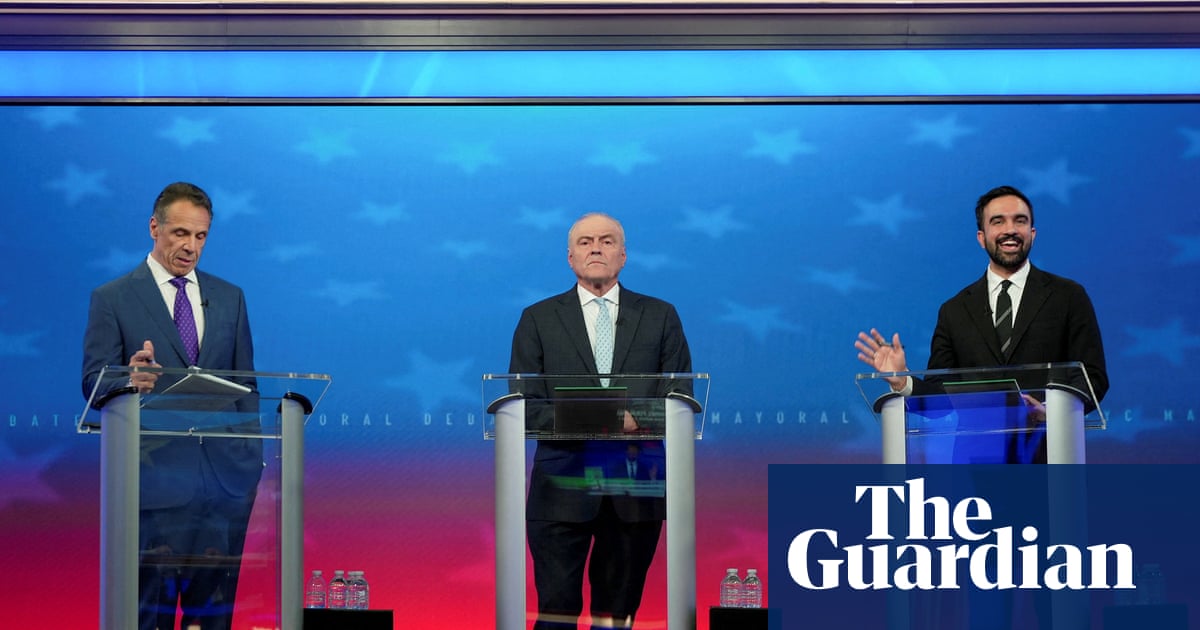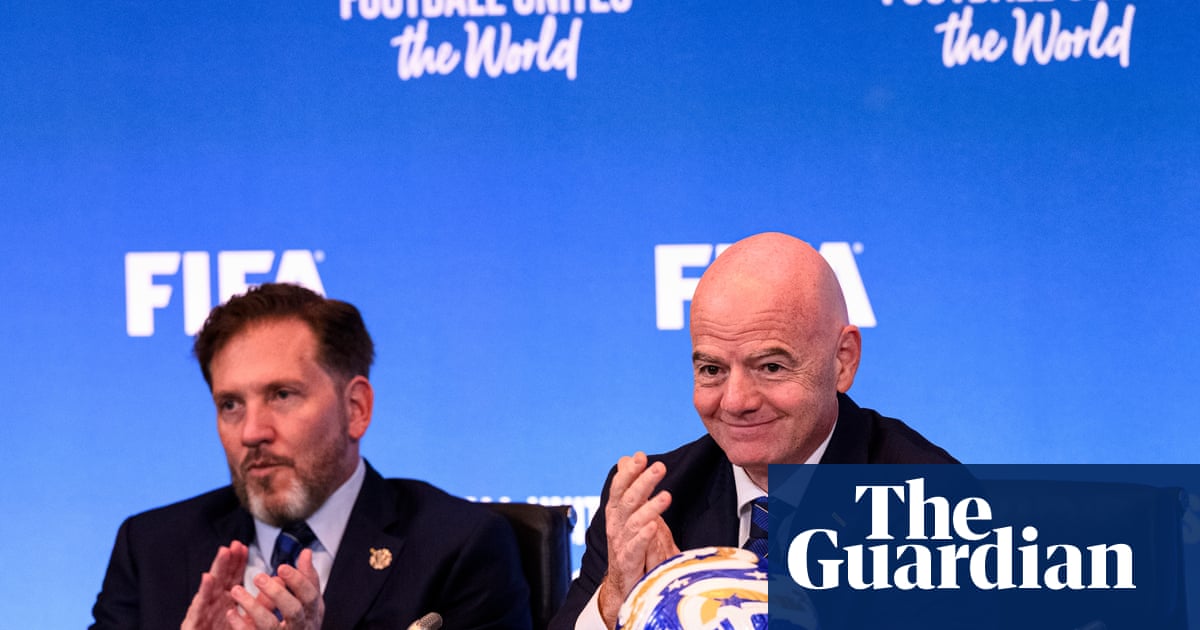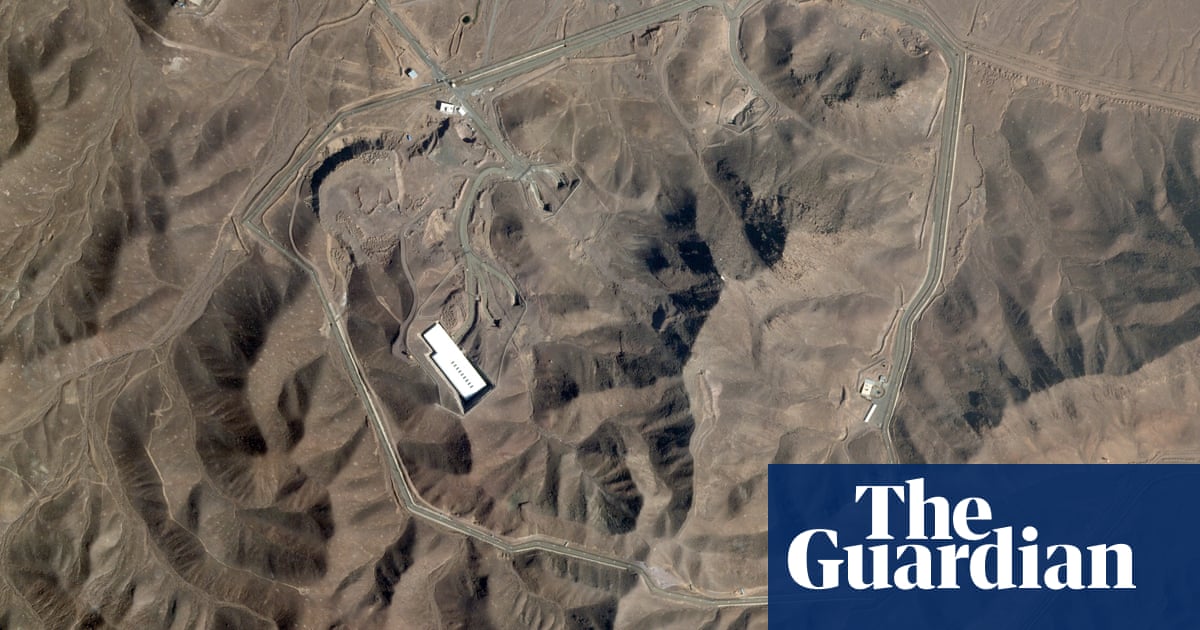The US has reached an agreement with China to speed up rare earth shipments into America, a White House official has said, amid efforts to end a trade war between the world’s biggest economies.
President Donald Trump said on Thursday that the US had signed a deal with China the previous day, without providing additional details, and that there might be a separate deal coming up that would “open up” India.
China confirmed the details of the deal on Friday, and reiterated that it will continue to approve the export permits of controlled items.
During US-China trade talks in May in Geneva, Beijing committed to removing non-tariff countermeasures imposed against the US since 2 April, although it was unclear how some of those measures would be walked back.
As part of its retaliation against new US tariffs, China suspended exports of a wide range of critical minerals and magnets, upending the supply chains central to automakers, aerospace manufacturers, semiconductor companies and military contractors around the world.
“The administration and China agreed to an additional understanding for a framework to implement the Geneva agreement,” a White House official said on Thursday.
The understanding is “about how we can implement expediting rare-earth shipments to the US again“, the official said.
A separate administration official said the US-China agreement took place earlier this week.
China has a virtual monopoly on the global supply of rare earths, having grown to dominate production and processing in the 1990s and the 2000s. Some of the rare earths mined in China are used in US military equipment, a vulnerability that has been laid bare in the US-China trade war.
US commerce secretary Howard Lutnick told Bloomberg: “They’re going to deliver rare earths to us” and once they do that “we’ll take down our countermeasures”.
Lutnick hinted that the White House has imminent plans to reach agreements with 10 major trading partners.
He said: “We’re going to do top 10 deals, put them in the right category, and then these other countries will fit behind.”
While the agreement shows potential progress after months of trade uncertainty and disruption since Trump took office in January, it also underscores the long road ahead to a final, definitive trade deal between the two economic rivals.
China has been taking its dual-use restrictions on rare earths “very seriously” and has been vetting buyers to ensure that materials are not diverted to US military uses, according to an industry source. This has slowed down the licensing process.
The Wall Street Journal reported this week that China has told rare-earths companies to provide the government with a list of workers with technical expertise and has asked some to turn in their passports to prevent them from taking unauthorised overseas trips. China wants to ensure that its commercially valuable rare-earths knowledge is not shared with foreign adversaries.
Car manufacturers have already complained about factories being brought to a near halt because of supply chain shortages of rare earths and the magnets they are used in. A Ford executive said this week that the company was living “hand to mouth”.
The Geneva deal had faltered over China’s curbs on critical minerals exports, prompting the Trump administration to respond with export controls of its own, preventing shipments of semiconductor design software, aircraft and other goods to China.
In early June, Reuters reported China had granted temporary export licences to rare-earth suppliers of the top three US automakers as supply chain disruptions began to surface from export curbs on those materials.
Later in the month, Trump said there was a deal with China in which Beijing would supply magnets and rare-earth minerals while the US would allow Chinese students to study in its colleges and universities.
Reuters contributed to this report

.png) 3 months ago
60
3 months ago
60

















































